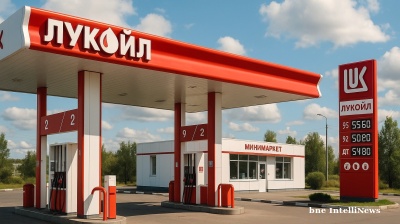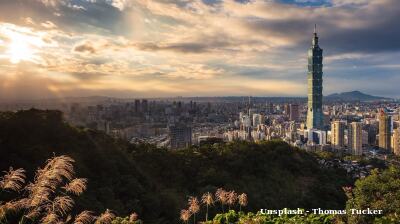During his visit to Southeast Asia, US President Donald Trump declared that Washington would remain a steadfast ally to the region, as he signed a series of trade agreements with four ASEAN member states, Thailand, Malaysia, Cambodia, and Vietnam, Reuters reports.
“Our message to Southeast Asian nations is clear: the United States stands 100% with you. We intend to be a strong partner and friend for many generations to come,” Trump told ASEAN leaders at the summit in Kuala Lumpur on October 26.
In his opening remarks at the US-ASEAN Summit, Trump described the current era as “America’s golden age,” affirming the United States’ commitment to a “free, open, and thriving Indo-Pacific.” He added, “Together, we will build unprecedented prosperity across both sides of the Pacific and unlock new opportunities for our people.”
Malaysian Prime Minister Anwar Ibrahim, who chaired the summit, said the relationship between the 11-member ASEAN bloc and the US was rooted in shared aspirations for peace and prosperity, calling it a “comprehensive strategic partnership.” He noted that two-way trade reached a record $453bn last year, supporting jobs and businesses in both regions.
Trump’s visit marked the first by a US president to Malaysia in a decade, following Barack Obama’s trip in 2015. It was also a rare appearance by Trump at an ASEAN Summit, as he had only attended once before, in 2017 in the Philippines, raising questions over Washington’s commitment to the region.
Trump signed reciprocal trade agreements with Thailand, Malaysia, Cambodia, and Vietnam aimed at dismantling tariff and non-tariff barriers. According to a joint statement from the White House, the U.S. will maintain 19% tariffs on most exports from Malaysia, Thailand, and Cambodia, and 20% on goods from Vietnam.
The US also inked separate deals with Malaysia and Thailand to collaborate on diversifying critical mineral supply chains amid growing competition with China. As the world’s largest miner and refiner of rare earth elements, China has tightened export controls on refining technology—prompting global manufacturers to seek alternative sources for materials essential to semiconductors, electric vehicles, and defence systems.
Malaysia agreed not to impose export bans or quotas on critical minerals or rare earth elements bound for the US, though the statement did not clarify whether this commitment covers raw or processed materials. Malaysia, which holds an estimated 16.1mn tonnes of rare earth deposits, currently restricts raw exports to protect domestic downstream development.
Under the deal, Kuala Lumpur will also provide preferential market access to a broad range of American industrial and agricultural imports, including chemicals, machinery, vehicles, dairy, and poultry. Thailand, meanwhile, pledged to eliminate tariffs on roughly 99% of US goods, spanning industrial, food, and agricultural products.
Trump’s visit also drew protests across Malaysia’s capital. Around 200 demonstrators gathered at Taman Ampang near the ASEAN Summit venue at the Kuala Lumpur Convention Centre on Sunday afternoon, throwing shoes at effigies of Trump and Israeli Prime Minister Benjamin Netanyahu. Organised by NGOs Sekretariat Bantah Trump and Gegar, the protest remained largely peaceful and dispersed after about two hours under tight police supervision.
News

US Treasury Secretary Bessent blasts “Russian propagandist” special envoy Dmitriev in Washington PR debacle
A trip to Washington by the Kremlin’s special business envoy Kirill Dmitriev days after the US imposed new oil sanctions turned into a debacle after US Treasury Secretary Scott Bessent blasted him as a “Russian propagandist.”
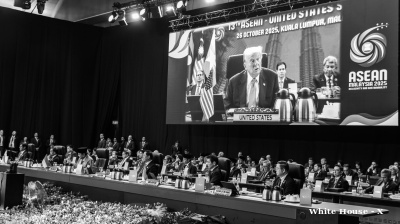
US grants 0% tariffs to Malaysia alongside Cambodia and Thailand
US President Donald Trump has approved a 0% tariff scheme for selected goods from Malaysia, Cambodia, and Thailand, a move formalised during the ASEAN Summit in Kuala Lumpur.
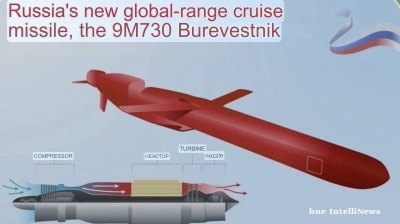
Russia test fires its Burevestnik nuclear-powered cruise missile
Russia’s Burevestnik nuclear-powered cruise missile has no analogues in the world, Russian President Vladimir Putin said, as the Kremlin escalates the unfolding missile arms race with Ukraine another notch.
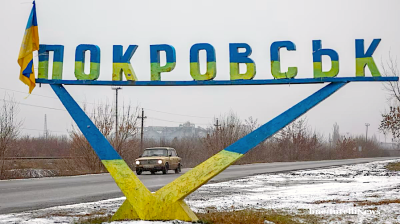
Russia claims to surround Pokrovsk
Russia’s chief of the general staff Valery Gerasimov triumphantly reported to Putin that 31 Ukrainian battalions have been encircled in Pokrovsk and 18 battalions in Kupyansk, the hottest spot in the war.
.jpg)


